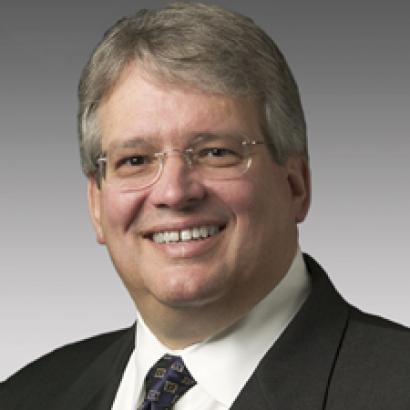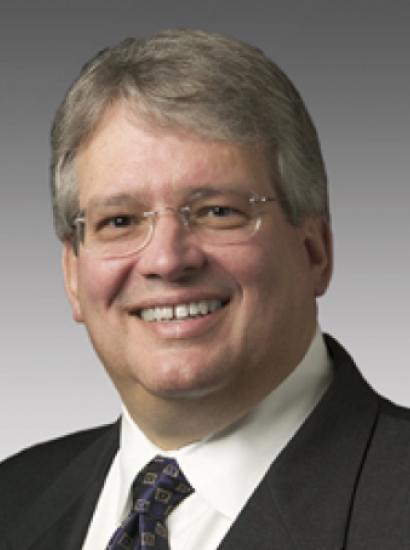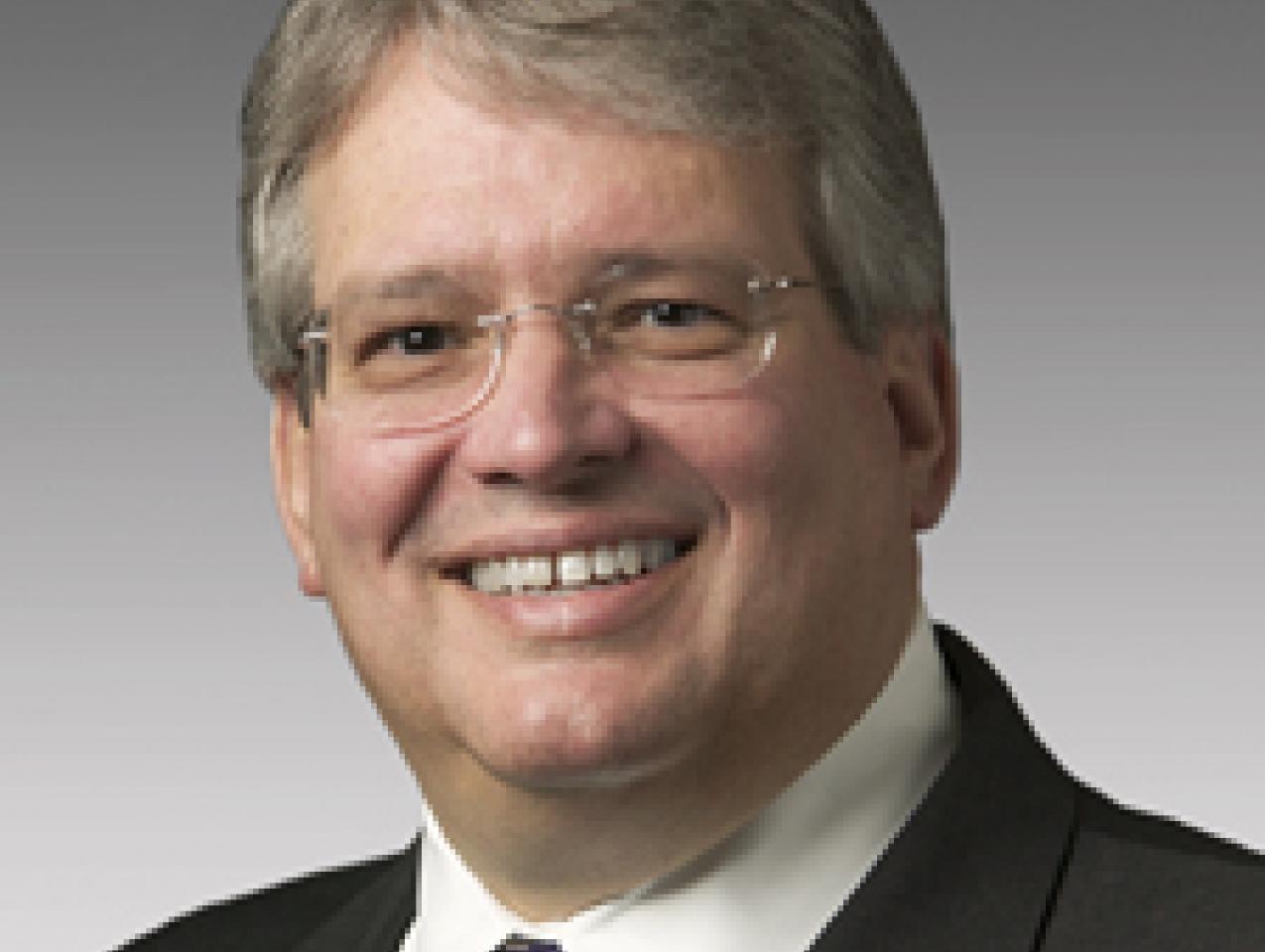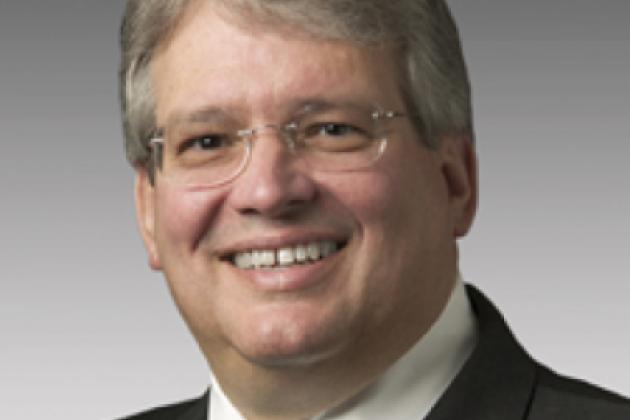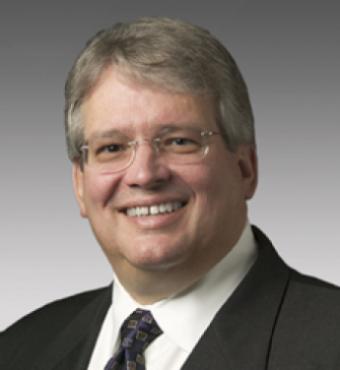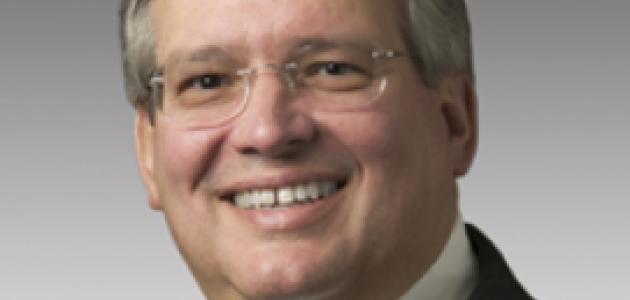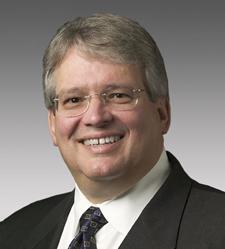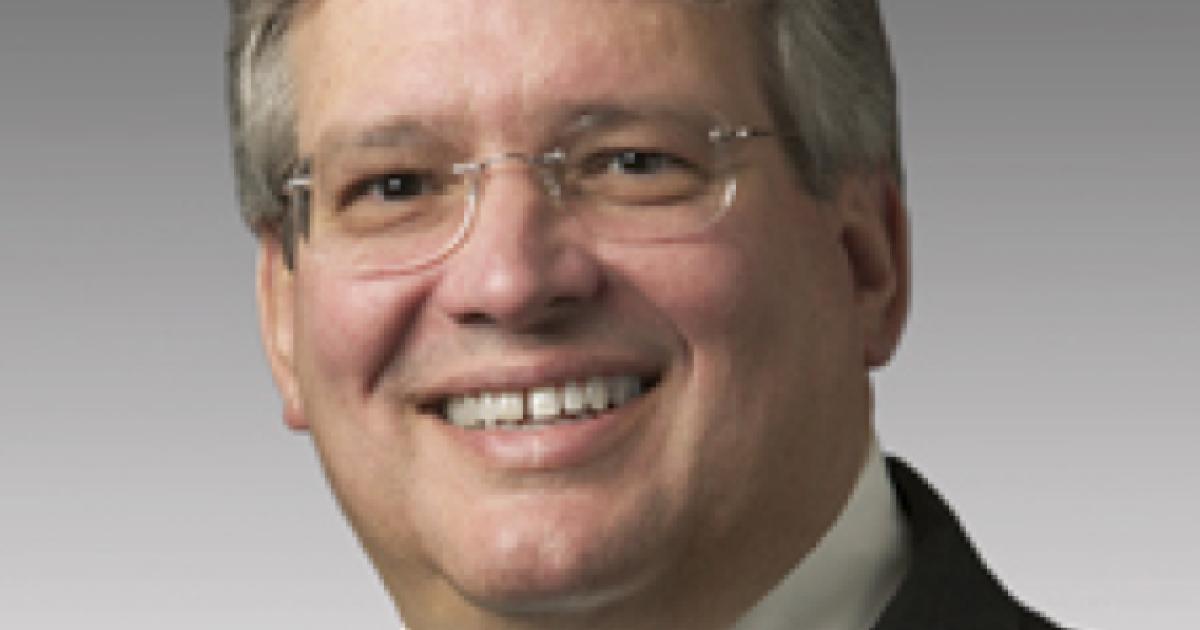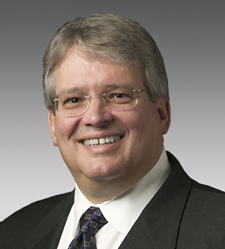
In an overview of the Hoover Institution at this year’s Board of Overseers summer meeting, John Raisian, the Tad and Dianne Taube Director, spoke of Hoover’s accomplishments and plans for growth. Highlights from his remarks include the Institution’s task forces being expanded to study particular areas of interest, to intensify their research efforts, and to broaden their media outreach.
Modeled on the Koret Task Force on K-12 Education, the task forces are composed of leading scholars in their fields from around the country who meet to discuss issues, conduct research, and publish findings. Four new task forces—Energy, National Security and Law, Virtues of a Free Society, and Property Rights—are in operation, with five more task force groups in various prelaunch stages. David Brady, Hoover deputy director and senior fellow, discussed two of them (1) Procedural Reform of Government and (2) Economic Development. The other three will focus on ideology and terror, health-care reform, and tax and budget policy.
Raisian said that other Hoover fellows are pursuing research initiatives involving global markets and economic policy, international security and the organization of government, and military history. Raisian also discussed the ongoing efforts to communicate through a variety of publications, both print and online, and the outreach to media through the Edwards Media Fellows Program, the Media Colloquium, and the Hoover Club Forums.
In other reports, the library and archives continue to add to their collections, said Richard Sousa, library and archives director and senior associate director. Jeff Bliss, communication associate director, discussed the new media that are distributing information, including Kindle, an electronic reading device, and web videos. Finance associate director Stephen Langlois gave the Institution a favorable financial forecast. David Davenport, newly appointed counselor to the director for external relations and research fellow, was introduced at the meeting.
Program Speakers at Board Meeting Discuss Economic and Political Issues
Speakers at the meeting focused on economic and political issues, including economic challenges faced by the United States (including income inequality), the presidential election, and the current administration.
“While we are now confronting severe problems, it is worth remembering that in the past 25 years, the American economy has had its most stable performance in history,” said Michael Boskin, Hoover senior fellow, who offered some perspective on the American economy in his presentation, “Challenges Confronting the American Economy.” Boskin added, “in any recorded history, there’s never been an economy that has been in recession only five percent of the time for a quarter century. That already should give us pause in thinking we are immune to episodic booms and busts.” Boskin said the risks of recession and inflation are increasing, but noted that the United States has the best economic system among major economies, with relatively modest taxes and regulation that should serve us well in the long run, but are not a guarantee we will never have serious problems. “The relevant point is that all the suggestions for higher taxes, a much larger role for regulation, and the like will make things worse.”
Hoover research fellow Russell Roberts discussed income inequality, the current economic situation, and standard of living in “Class Warfare as an Election Issue: The Economics of Income Inequality.” Roberts pointed out that, although government data suggest that income inequality is widening, he would argue that on many levels income inequality is shrinking. He compared the lives of two men, a waiter and his wealthy customer, noting that their lives are remarkably similar.
In his presentation “Thoughts and Observations on the 2008 Presidential Election,” Brady said that “conditions point to a major Democratic victory. Democrats are motivated, funded, and active; Republicans are recently demoralized, underfunded, and not as active.” He said that all indicators point to the public’s dissatisfaction with the Republican Party and President George W. Bush. He noted that Sen. Barack Obama’s (IL-D) campaign has raised more than twice the funds of Sen. John McCain’s (AZ-R) campaign, $290 million to $120 million. In addition, Brady cited the Ray Fair Model, an econometric model of the presidential election that says voters make decisions, in part, on the basis of the state of the economy. Brady summed it up by saying that, when the economy isn’t doing well, the incumbent president’s party will do badly in the election.
On the subject of the candidates’ campaigns, Brady noted that campaigns do make a difference. Brady said the Democratic campaign will represent McCain as President Bush and Obama as a success story; Republicans will focus on the inexperience of the Democratic candidate. Brady also suggested that, to win, McCain needs to distinguish himself from the current administration, establish where he stands on key issues, and better organize his campaign.
In “Challenges Abroad Won’t Go Away with President Bush,” Victor Davis Hanson, the Martin and Illie Anderson Senior Fellow, analyzed issues associated with the president that actually predate him. Noting that concerns with Iran began before President Bush entered office, Hanson said that the solution will go beyond him. Hanson called into question the supposed decline of the popularity of the United States, pointing out that much of the world views the United States favorably and that discontent is primarily in the Middle East and Europe. Hanson added that the war on terror and the energy issue also predated President Bush. Hanson called for drilling in the United States, which he believes should have been done sooner, to meet the country”s demand for oil.
A behind-the-scenes tour of the Hoover Library and Archives was conducted by Hoover deputy archivist Linda Bernard, Carol Leadenham, assistant archivist for reference, and Nicholas Siekierski, assistant archivist.
Historian Joseph Ellis Addresses Guests at Dinner on the Quad
The names George Washington, Alexander Hamilton, Thomas Jefferson, John Adams, Benjamin Franklin, and James Madison are familiar ones, but what do we actually know about them? “They have become icons,” said Joseph Ellis, one of the nation’s foremost scholars of American history and author of the Pulitzer Prize–winning Founding Brothers: The Revolutionary Generation, who spoke on “The American Founding: How to Tell the Story.” In turn, it has become difficult to talk about them, he said.
Ellis was the speaker at this year’s Dinner on the Quad, held July 9, which was attended by nearly 1,000 guests.
Ellis noted five great triumphs of America’s founders, beginning with winning the war for colonial independence; between 1750 and 1950, England lost one war, the war with the United States, Ellis pointed out. Second, they increased the size of the newly founded country. The separation of church and state and a formalized two-party political system were their third and fourth accomplishments. Finally, creation of multiple sovereignties that allowed for diffusion of power was the founders’ fifth great triumph. The two great tragedies, Ellis noted, were slavery and the treatment of Native Americans.
To tell a story, Ellis said, you need to know the main characters. So, in closing, Ellis shared an anecdote about Washington. When Washington was offered the crown after the Revolutionary War, he refused it, saying it would be “a repudiation of the revolution.” When King George was told that Washington had refused, he responded that “if he did, that would make him the greatest man in the world.”







